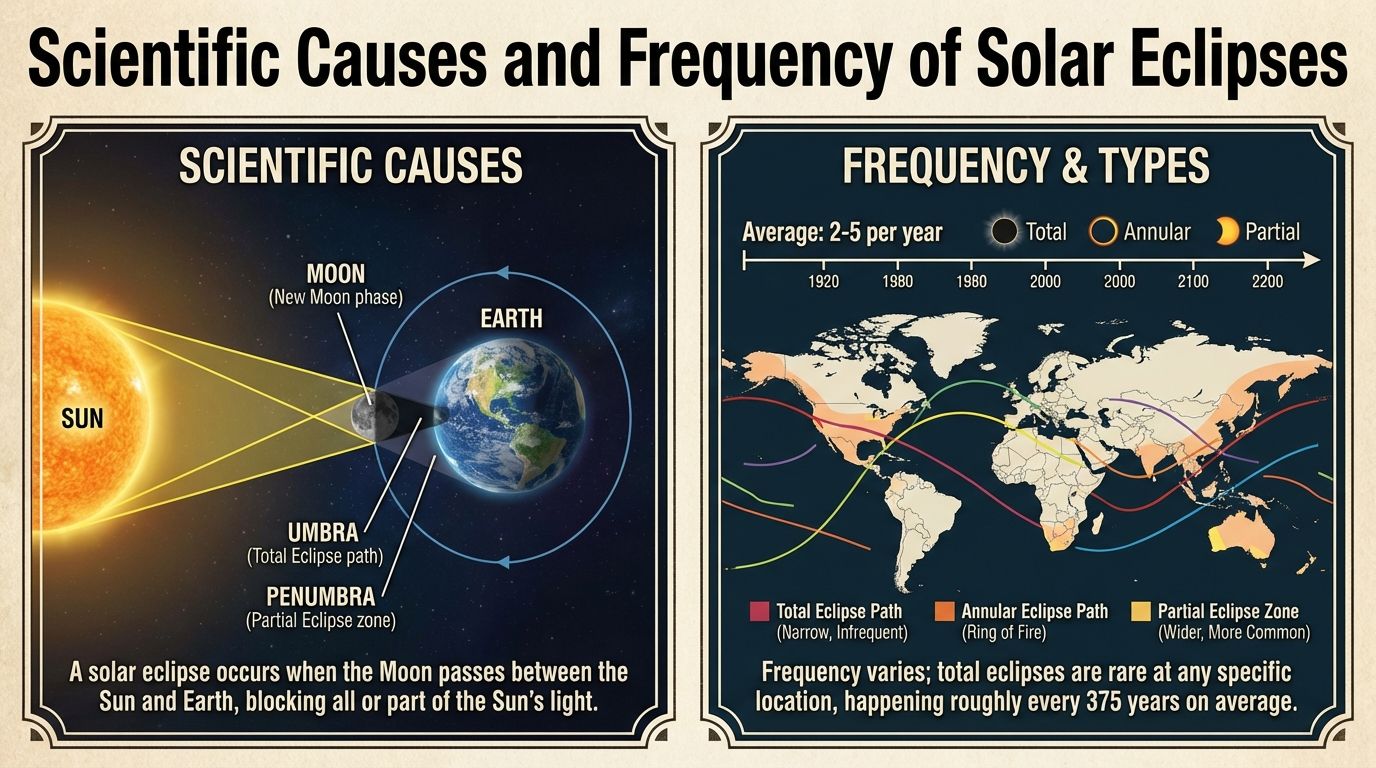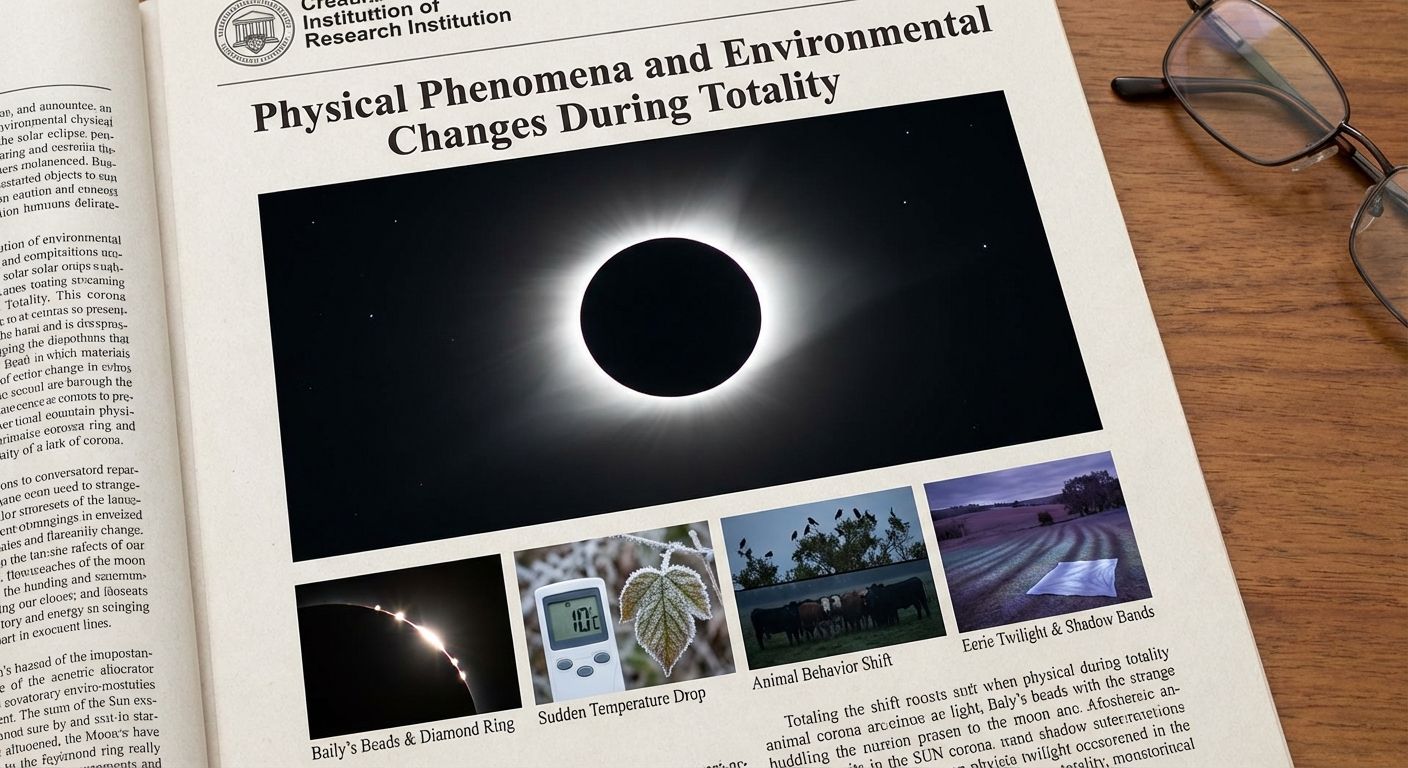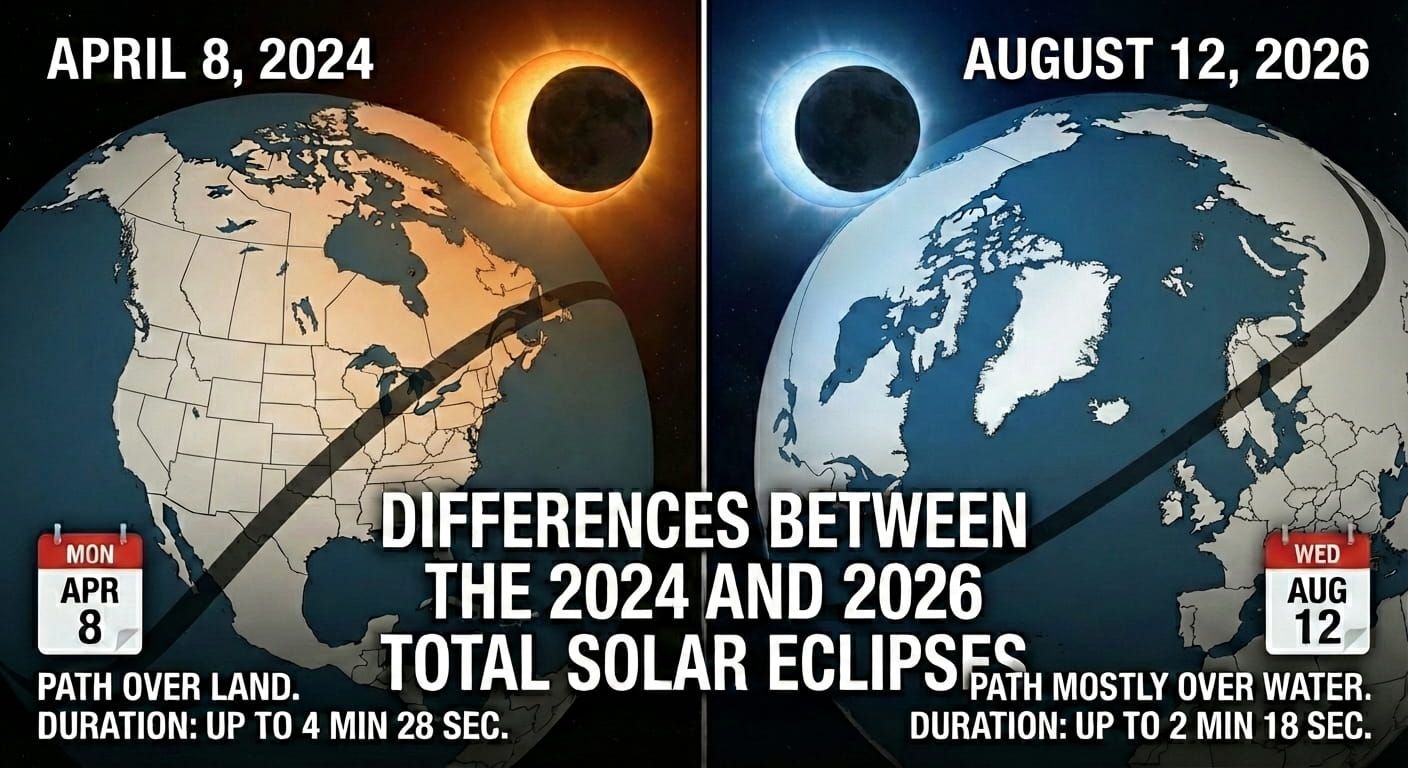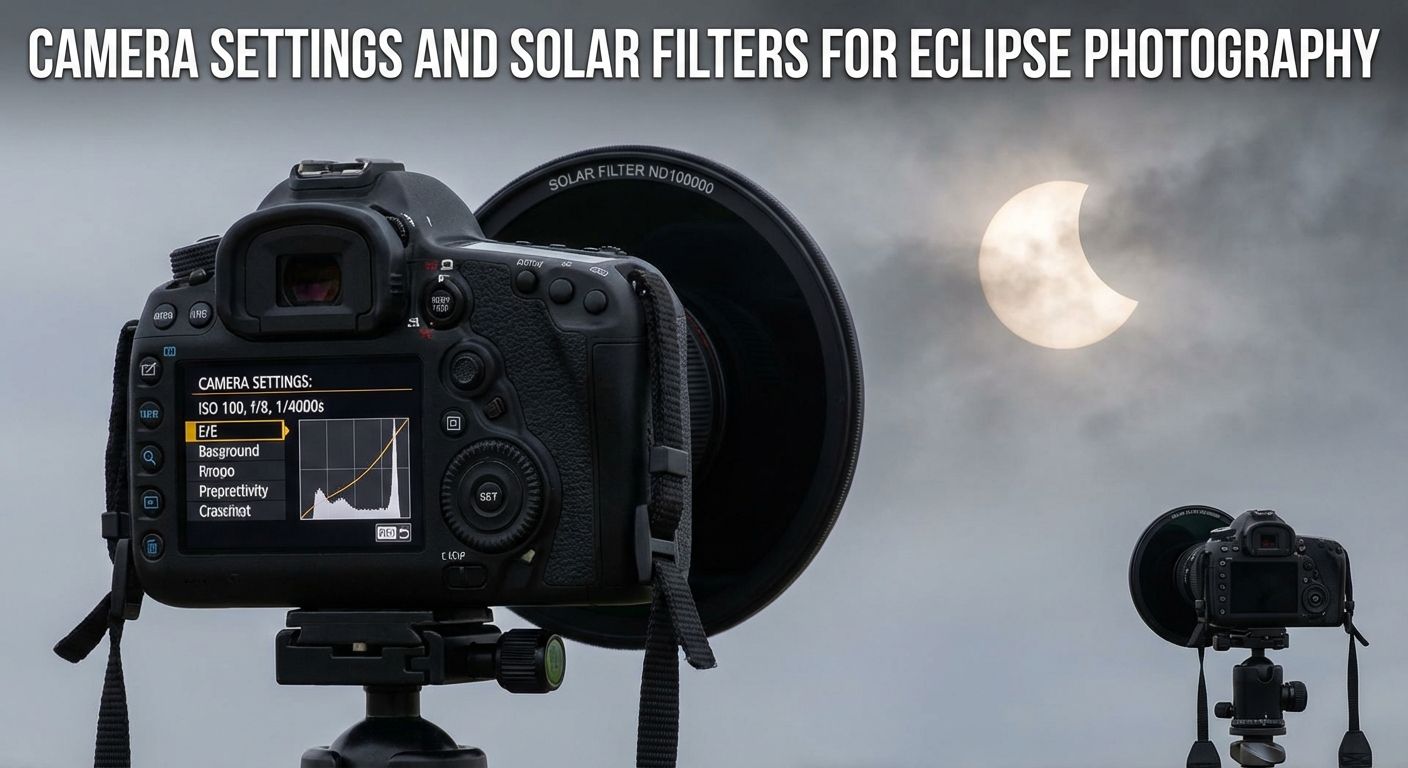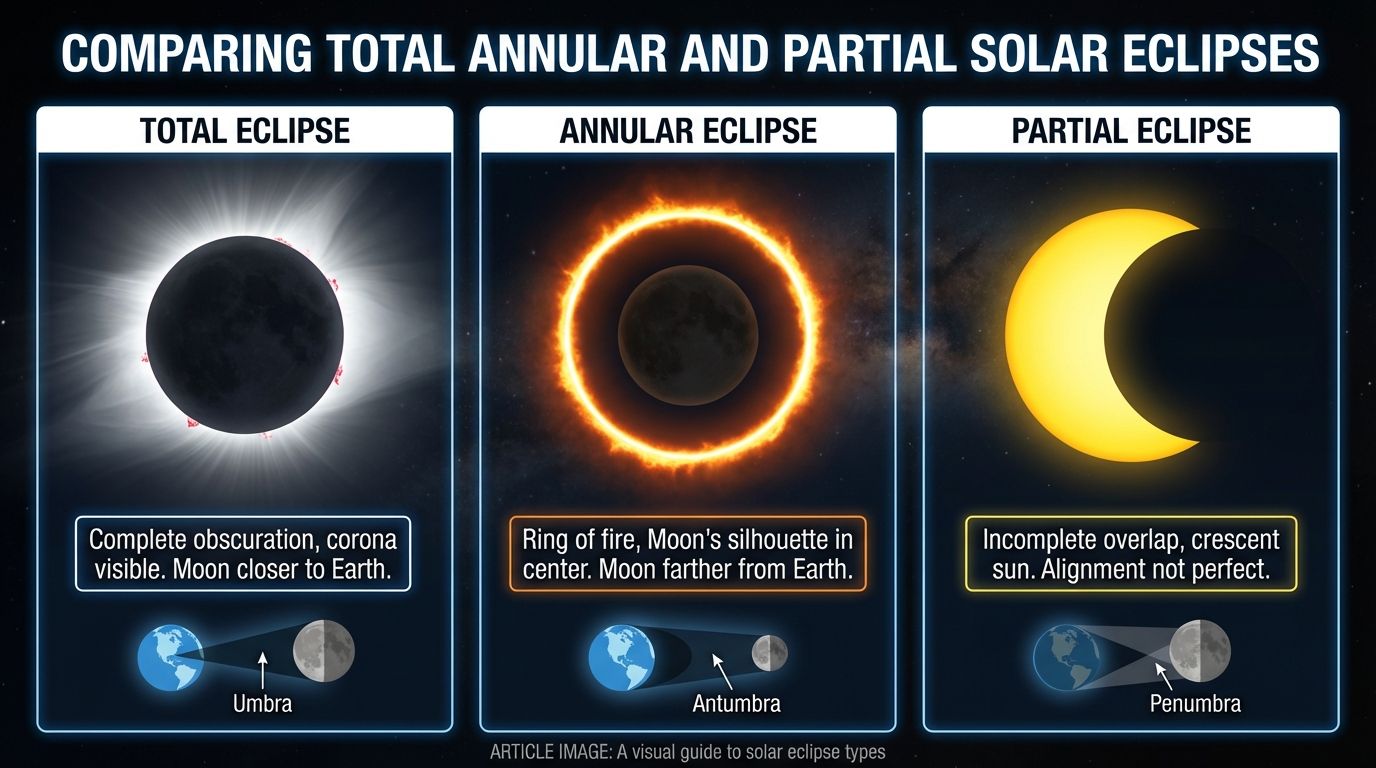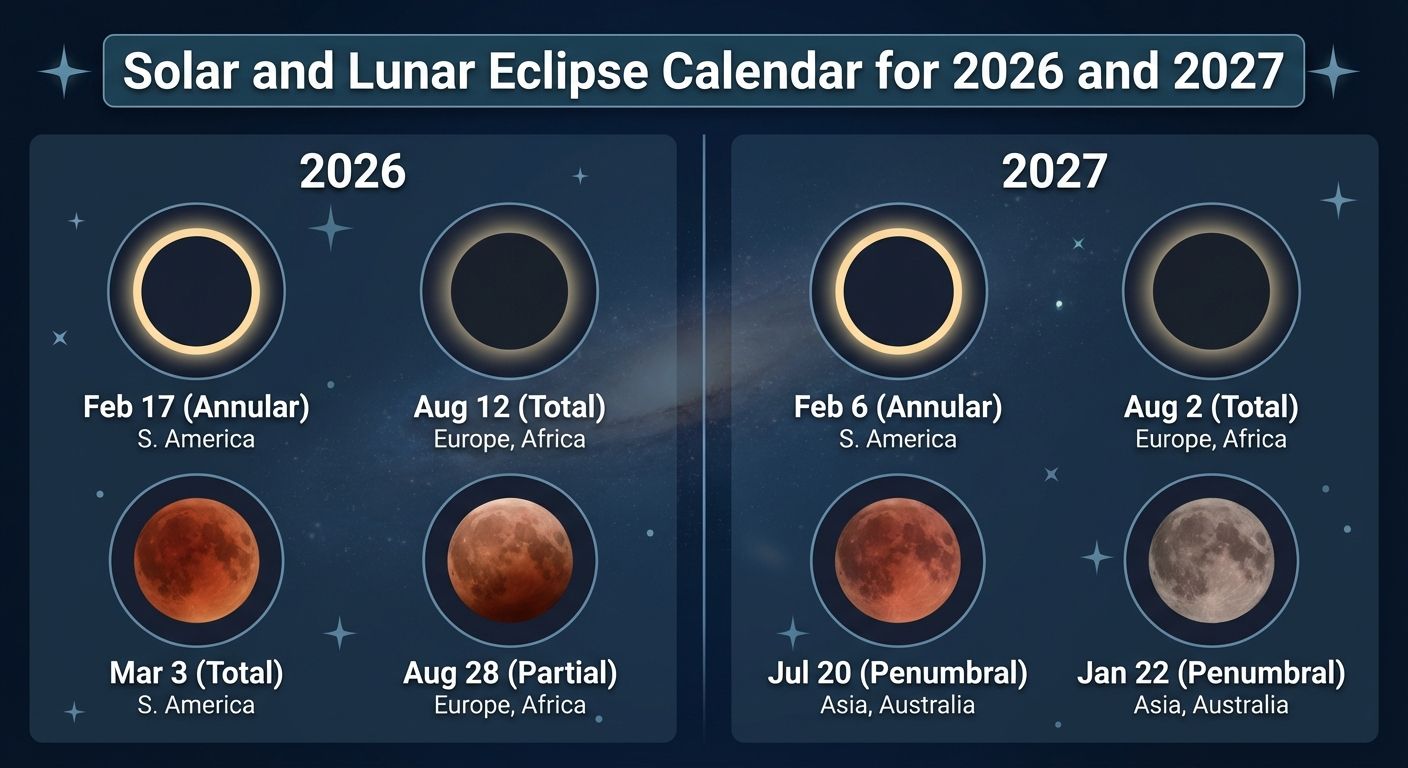There is something magical about the first light of day. The quiet before the rush. The golden hues brushing the sky. Sunrise has inspired poets, painters, and early risers for centuries. Yet behind that beauty lies fascinating science, culture, and rhythm. Let us wander through the bright world of sunrise, from how it happens to why it touches the soul.
1. What Exactly Is Sunrise?
Sunrise marks the moment the upper edge of the Sun peeks over the horizon. It is not when the Sun’s center appears, but that first flash of light that transforms night into day. For precise sunrise times in your city, visit sunrise times for detailed daily updates.
2. How Light Appears Before the Sun
Before the Sun rises, the sky starts to glow. This soft light is called twilight, caused by sunlight scattering through the atmosphere. It gives that bluish or pinkish pre dawn tone that photographers love. To know how long before sunrise it gets light, check twilight guide for phase details and timing.
3. The Science Behind the Colors
During sunrise, sunlight passes through more of Earth’s atmosphere. Shorter blue wavelengths scatter, leaving longer red and orange ones. The result is the breathtaking gradient that changes minute by minute. Every sunrise is unique due to humidity, particles, and light angles.
4. Why Sunrise Times Change Throughout the Year
The Earth’s tilt is the main reason sunrise varies by season and location. Closer to the equator, times remain consistent. In higher latitudes, winter days are shorter and summer mornings start early. For detailed timing based on your area, read sunrise seasons to understand annual daylight changes.
5. Sunrise and Our Internal Clocks
Humans are wired to the rhythm of light. Sunrise signals our bodies to wake by triggering cortisol and lowering melatonin. Early exposure helps set our circadian rhythm, making us more alert and focused during the day.
6. The Weather Connection
Morning weather often shapes the sunrise you see. Clouds, humidity, and air quality can intensify or dull the colors. Check your local forecast at weather forecast before planning your next sunrise photo session.
7. Why Roosters Announce the Day
Roosters are famous for greeting dawn, but their timing is not random. Their internal clocks anticipate sunrise even before it happens. To understand why they crow, see rooster behavior for insights on their natural rhythm.
8. Ancient Beliefs Around Sunrise
Across cultures, sunrise has symbolized renewal and hope. From Egyptian Sun worship to Hindu prayers at dawn, people have long seen the first light as sacred. Learn how sunrise influences traditions in sunrise rituals.
9. Sunrise Around the World
In Japan, the first sunrise of the year called Hatsuhinode is a moment of deep celebration. In the Arctic, people may wait months for it to return. In deserts, it signals the time to travel before the heat. Every culture has a story tied to dawn.
10. Best Spots for Sunrise Adventures
Some places make sunrise unforgettable, like Haleakalā in Hawaii, Mount Bromo in Indonesia, and the Grand Canyon. If you love chasing dawn, explore sunrise viewpoints for the best locations to watch the light break the horizon.
11. A Quick Comparison of Sunrise Times
Here is how sunrise varies in a few iconic cities throughout the year.
12. The Psychology of Watching the Sun Rise
There is quiet joy in watching the world awaken. Morning light boosts serotonin, improving mood and focus. People who watch sunrise regularly often report feeling calmer and more grateful.
13. Sunrise vs. Sunset
Sunsets might get more attention, but sunrise holds a different energy. The air is cooler, the world quieter, and colors often softer. Compare the two in sunrise vs sunset for timing and daylight contrasts.
14. Nature’s Morning Routine
As the Sun rises, nature wakes in stages:
- Birds start to sing and hunt.
- Flowers open their petals toward the light.
- Bees begin to forage.
- Wind speeds increase as temperatures rise.
- Dew evaporates, giving plants a morning sparkle.
15. Health Benefits of Morning Sunlight
Early sunlight helps the body produce vitamin D, improves mood, and supports heart health. Just ten minutes can make a difference. It is one of the simplest wellness habits anyone can practice daily.
16. Sunrise Myths and Stories
Many cultures tell stories about the Sun’s rebirth. Ancient Greeks imagined Helios driving his fiery chariot across the sky. Native American tribes saw sunrise as the triumph of light over darkness. These tales reflect humanity’s shared awe for dawn.
17. How to Photograph a Sunrise
Sunrise photography rewards patience and preparation. For complete techniques, visit sunrise photography for expert tips on capturing the moment.
- Scout the location the day before.
- Arrive thirty minutes early to capture twilight colors.
- Use a tripod for clarity.
- Adjust white balance to capture warmth.
- Keep shooting as the light evolves.
18. How Animals React to Sunrise
Many species depend on dawn cues. Birds migrate, deer feed, and insects emerge. This shift aligns their biological clocks with daylight cycles. Even marine life syncs with the rhythm of the rising Sun.
19. The Longest and Shortest Dawns
At the equator, dawn lasts about twenty minutes. Near the poles, twilight can stretch for hours. The length depends on how the Sun’s path meets the horizon angle, creating unique morning experiences around the world.
20. A Symbol of New Beginnings
Every sunrise tells us that no matter how dark the night was, light will return. It is a metaphor found in literature, music, and life itself. The Sun rises without fail, quietly reminding us of renewal and continuity.
Rising With the Sun: A Daily Invitation
Watching the sunrise connects us to something timeless. It teaches patience, gratitude, and wonder. Whether you chase it from a mountain trail, a quiet beach, or your window, each dawn offers the same gift, a brand new start painted in light.

